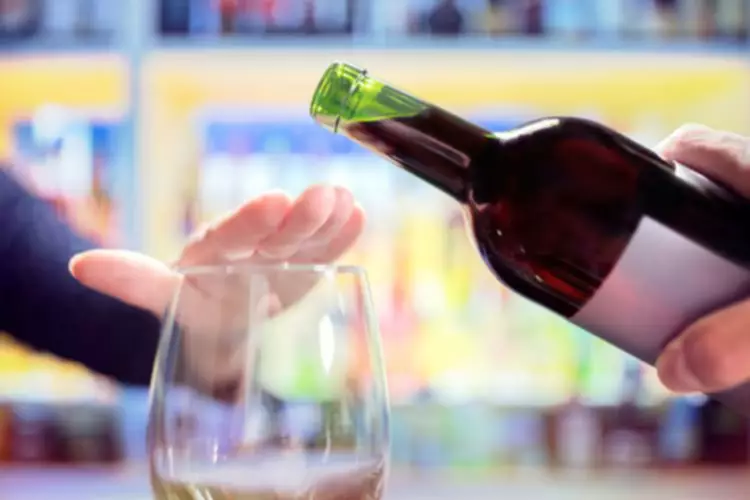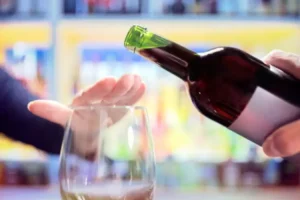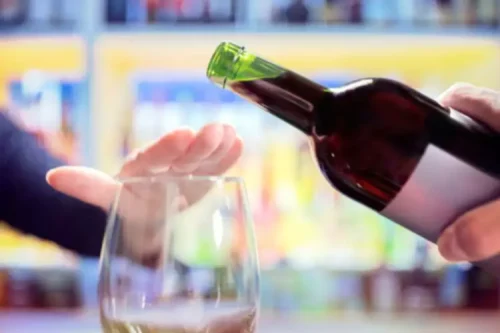
Alcohol dependence is caused by a combination of biological, psychological, and social factors. Genetics plays a key role, with some individuals being genetically predisposed to alcohol use disorder. Variations in genes that influence alcohol marijuana addiction metabolism or the brain’s reward system make some people more vulnerable to developing dependence.

Health problems caused by alcohol dependence
Outside of her professional endeavors, Megan finds joy in the company of her psychological dependence on alcohol partner and pets. She relishes spending time with friends, experimenting with new recipes in the kitchen, and exploring the great outdoors during milder weather. Megan’s therapeutic approach is multifaceted, drawing from narrative, feminist, and existential therapy modalities. By employing these frameworks, Megan empowers her clients to confront their realities and comprehend the tangible impact of systemic factors on their lives.
Organizations That We Support

Finally, a history of multiple withdrawal experiences can exacerbate cognitive deficits and disruption of sleep during withdrawal (Borlikova et al. 2006; Stephens et al. 2005; Veatch 2006). Alcohol dependence is a persistent pattern of alcohol use that becomes increasingly difficult to manage despite its growing impact on various aspects of an individual’s life. Alcohol dependence is marked by a physical and psychological need to drink, along with tolerance (requiring more alcohol to achieve the same effects) and withdrawal symptoms when alcohol use is reduced or stopped. According to the DSM-5, alcohol dependence is diagnosed when an individual meets certain criteria, including persistent cravings, unsuccessful attempts to cut down on drinking, and continued consumption despite adverse effects on health, relationships, or work.

Being at risk of becoming dependent on alcohol
These components are inextricably linked to the chemical changes that occur in the brain. In fact, both physical and psychological addiction activate similar regions of the brain. On the other hand, dependence is a condition whereby your body, brain, or both have been conditioned to depend on a substance the individual consumes. Often the consumption of the substance is merely to prevent withdrawal symptoms since the tolerance to the substance is generally substantial. You can support a loved one with alcohol dependence by offering emotional support and creating a non-judgmental environment that fosters trust and understanding.

Instead, if you think you have a physical alcohol dependence, you should seek out a medical provider, a mental health professional, or an addiction counselor regarding safe options and resources to help https://ecosoberhouse.com/ you detox from alcohol. He describes his area of expertise as treating substance use disorders, compulsive behaviors, and co-occurring mood disorders such as depression and anxiety that may travel with a substance use disorder. Danny has extensive experience in effectively treating incidental and complex trauma. He further describes his approach as science-driven, constantly reviewing the latest literature and theory. Danny ensures he has as many techniques as possible to help people improve their well-being and achieve their goals.
- Frequent consumption of these types of drinks or binge drinking patterns—especially with spirits—increases the risk of developing alcohol dependence more quickly than with lower-alcohol beverages.
- It’s a condition that sometimes pops up after the symptoms of physical withdrawal have subsided.
- The cumulative effect of these factors leads to the gradual onset of dependence over time.
- We will help manage the physical effects of addiction through medically supervised detoxification.
- The Severity of Alcohol Dependence Questionnaire (SAD-Q) is a more specific twenty-item inventory for assessing the presence and severity of alcohol dependence.
Similarly, systemic administration of antagonists that selectively act at the CRF1 receptor also reduced upregulated drinking in dependent mice (Chu et al. 2007) and rats (Funk et al. 2007; Gehlert et al. 2007). More recently, however, researchers have been turning their attention to the evaluation of changes in withdrawal symptoms that extend beyond physical signs of withdrawal—that is, to those symptoms that fall within the domain of psychological distress and dysphoria. This new focus is clinically relevant because these symptoms (e.g., anxiety, negative affect, and altered reward set point) may serve as potent instigators driving motivation to drink (Koob and Le Moal 2008). Sensitization resulting from repeated withdrawal cycles and leading to both more severe and more persistent symptoms therefore may constitute a significant motivational factor that underlies increased risk for relapse (Becker 1998, 1999). Over time, alcohol dependence develops due to repeated and excessive drinking, which alters the brain’s reward system and reinforces the cycle of consumption. According to the 2023 National Survey on Drug Use and Health (NSDUH), 28.9 million people ages 12 and older (10.2% in this age group) had AUD in the past year, with dependence being a significant aspect of this disorder.
Can it lead to withdrawal?
However, there are distinct differences between physical and psychological addiction. However, detoxing is often just the first step, as there can be many potential mental and psychological factors at play as well. The psychological pull of drugs and alcohol, distinct from physical cravings, can stem from the emotional connection forged between substance use and coping mechanisms.

